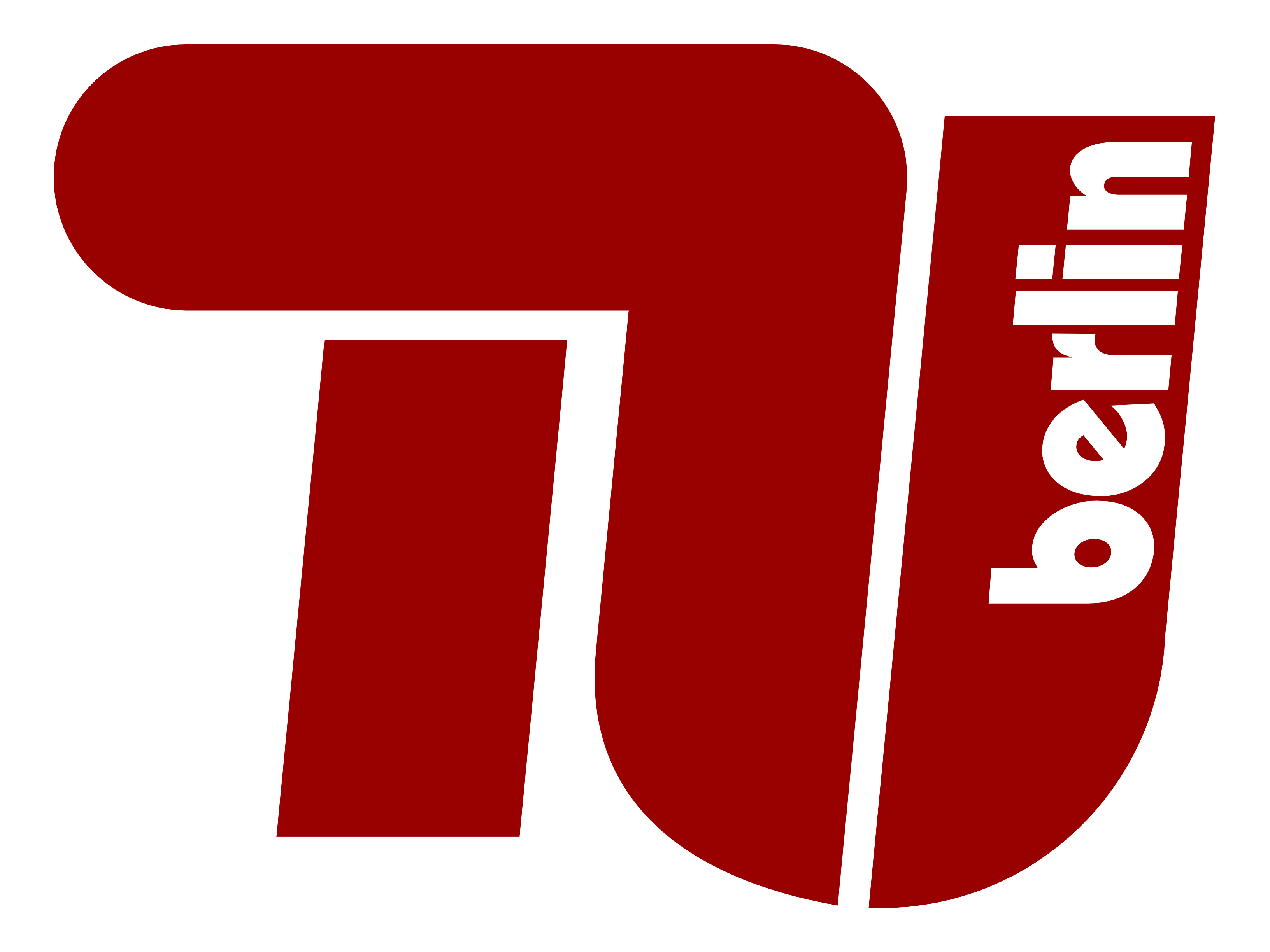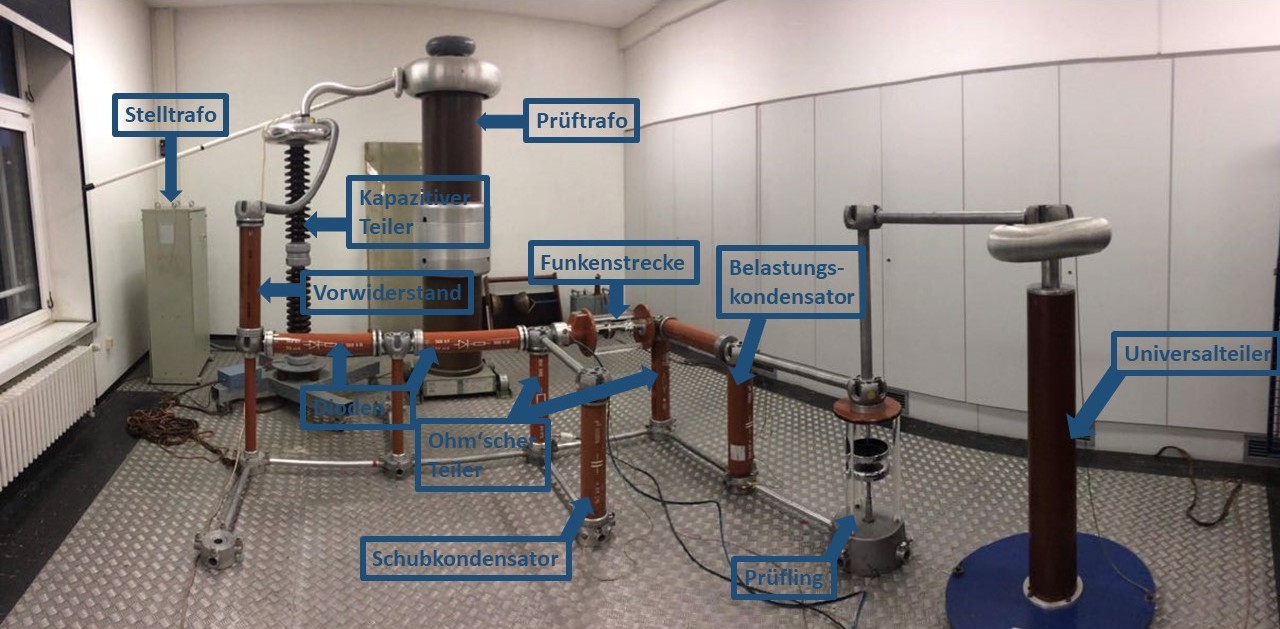TU Berlin

-
Role
Electrical Engineering B.Sc. & M.Sc.
-
Location
Berlin, Germany
-
Years
2012 – 2019
At TU Berlin, I built a strong foundation in electrical engineering with a focus on energy systems. Alongside hands-on research on batteries, fuel cells, and solar technologies, I developed skills in simulation, data analysis, and programming in MATLAB/Python. My Bachelor’s thesis focused on modelling lithium-iron-phosphate (LFP) batteries using impedance spectroscopy, while my Master’s thesis investigated the performance degradation of PEM fuel cells in automotive applications.
These experiences taught me to approach engineering problems analytically, combine theoretical knowledge with experimental validation, and translate technical insights into applicable solutions.
Learning by Doing
I applied technical knowledge to real-world energy challenges, combining simulation, lab work, and system analysis. This experience sharpened my problem-solving skills and built confidence in designing and improving complex systems.


Key Skills & Courses
At TU Berlin, I studied Electrical Engineering with a focus on energy systems. The following cards highlight key skills gained through coursework and lab work:
Why It Matters
My education at TU Berlin laid the groundwork for all my later work—from academic projects at Oxford and Fraunhofer to industry experience at Volkswagen. It taught me how to rigorously test hypotheses, communicate technical ideas across disciplines, and think long-term about sustainable systems.